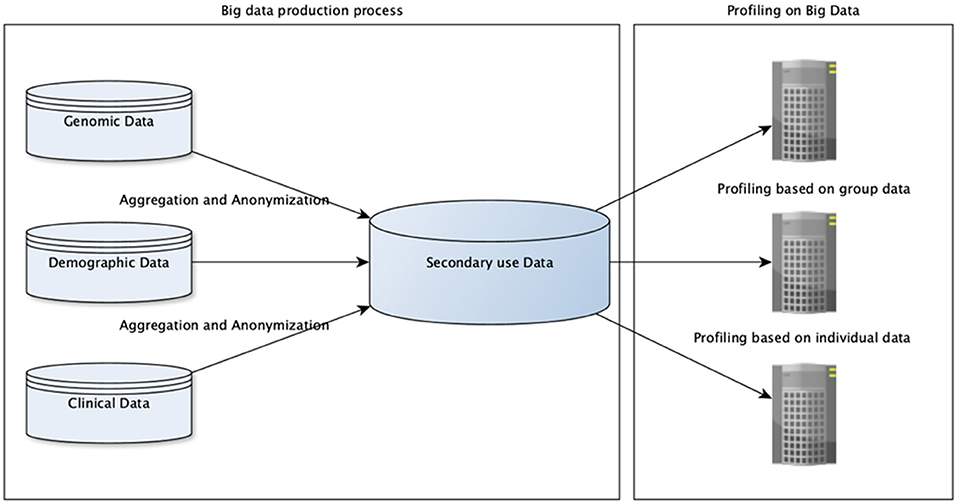
Protecting Genetic Information: Navigating Genetic Privacy Consent Laws
Genetic privacy consent laws play a crucial role in safeguarding individuals’ genetic information in the era of advanced genetic testing and research. In this article, we explore the significance of genetic privacy consent laws, their implications for individuals and researchers, and the delicate balance between advancing scientific knowledge and protecting the privacy rights of individuals.
The Rise of Genetic Testing and Research
The advancements in genetic testing technologies have unlocked unprecedented insights into individuals’ genetic makeup. These breakthroughs have paved the way for personalized medicine, disease risk assessments, and genealogical research. However, the increasing availability of genetic information raises concerns about privacy and the potential misuse of sensitive data.
Defining Genetic Privacy Consent Laws
Genetic privacy consent laws are legal frameworks designed to regulate the collection, use, and disclosure of individuals’ genetic information. These laws typically require individuals to provide informed consent before their genetic data is collected, processed, or shared. This consent ensures that individuals have control over who can access their genetic information and for what purposes.
Informed Consent: Empowering Individuals
Informed consent is a cornerstone of genetic privacy consent laws. It empowers individuals to make informed decisions about the use of their genetic information. Before undergoing genetic testing or participating in research, individuals must receive clear and comprehensive information about the purposes of the study, potential risks, and how their genetic data will be handled.
Challenges in Genetic Privacy Protection
Despite the existence of genetic privacy consent laws, challenges persist in effectively protecting individuals’ genetic information. Issues such as data breaches, unauthorized access, and the evolving landscape of genetic research pose ongoing challenges. Policymakers and researchers must continually assess and strengthen privacy protections to keep pace with technological advancements.
Research and Discovery: Balancing Act
Genetic research holds tremendous promise for scientific discoveries and medical breakthroughs. However, this pursuit of knowledge must be balanced with the ethical responsibility to respect individuals’ privacy. Genetic privacy consent laws serve as a critical tool in striking this balance, ensuring that research can advance while upholding the rights and autonomy of individuals.
International Variations in Genetic Privacy Laws
Genetic privacy laws vary globally, reflecting diverse cultural, ethical, and legal perspectives. Some countries have stringent regulations to protect genetic privacy, while others may have more permissive frameworks. The international landscape highlights the need for harmonization and collaboration to address challenges in cross-border genetic research and data sharing.
Emerging Technologies and Genetic Privacy
Advancements in technologies such as CRISPR gene editing and direct-to-consumer genetic testing introduce new dimensions to the genetic privacy discourse. Policymakers face the challenge of adapting existing laws to cover emerging technologies and ensuring that individuals remain in control of their genetic information in the face of rapidly evolving scientific capabilities.
Education and Awareness in Genetic Privacy
An essential component of genetic privacy consent laws is the promotion of education and awareness. Individuals need to understand the implications of genetic testing and research, the protections afforded by privacy laws, and their rights in consenting to the use of their genetic data. Education empowers individuals to make informed choices about their genetic privacy.
Legal Compliance and Accountability
Enforcement of genetic privacy consent laws is crucial to maintaining accountability within the scientific and healthcare communities. Organizations conducting genetic research or providing genetic testing services must comply with these laws to protect the privacy of participants. Rigorous enforcement mechanisms ensure consequences for entities that breach genetic privacy regulations.
Looking Ahead: Ethical Considerations and Future Frameworks
As genetic technologies continue to advance, ethical considerations and the evolution of legal frameworks will play a pivotal role. Policymakers, researchers, and the public must engage in ongoing dialogue to address emerging challenges, navigate ethical considerations, and develop future-proof genetic privacy consent laws that balance innovation with the protection of individual rights.
In conclusion, genetic privacy consent laws are foundational in navigating the ethical complexities of genetic testing and research. These laws empower individuals, guide researchers, and foster a balance between scientific progress and privacy protection. To learn more about genetic privacy consent laws, visit Genetic Privacy Consent Laws.




